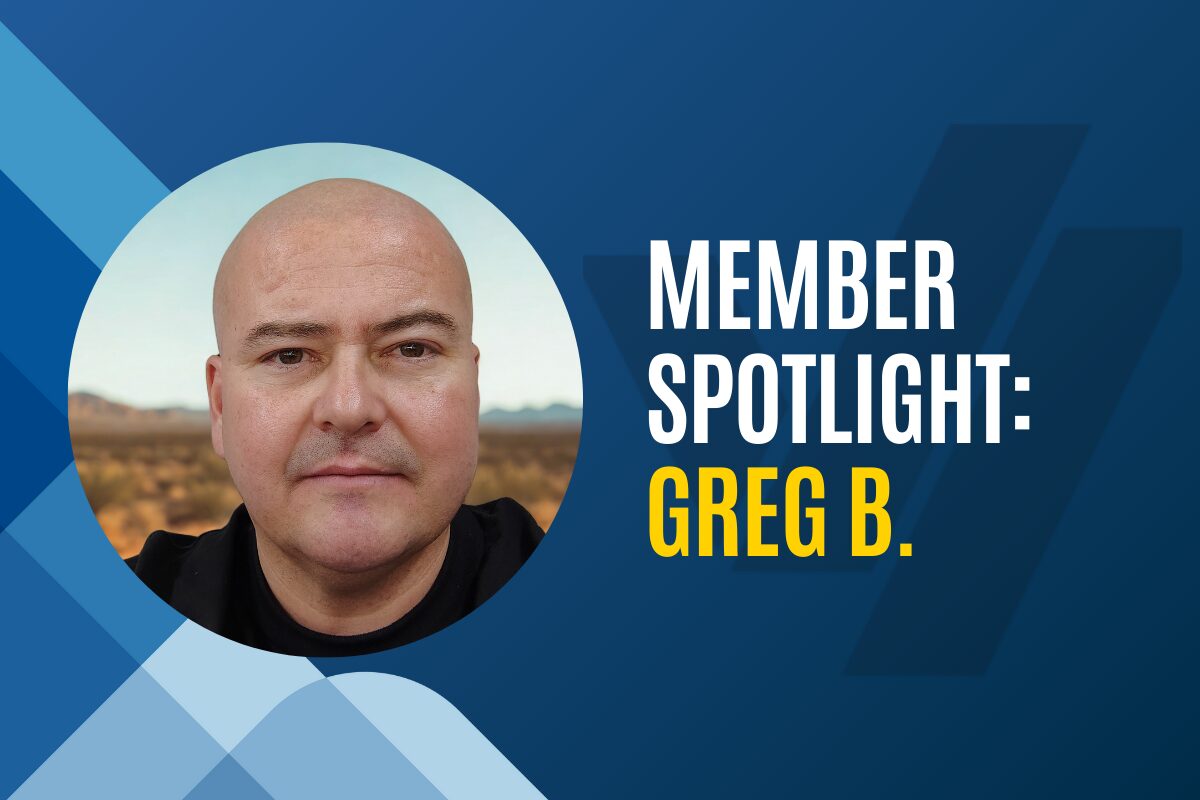In January, BlackRock Chairman and CEO Laurence Fink issued his annual letter to CEOs. Titled “A Sense of Purpose,” the founder of the largest asset management company in the world told corporate leaders, “To prosper over time, every company must not only deliver financial performance, but also show how it makes a positive contribution to society. Companies must benefit all of their stakeholders, including shareholders, employees, customers, and the communities in which they operate.”
Leveraging the full power of BlackRock’s $6 trillion in investments, Fink challenged corporations to contribute to society or risk losing the support of his company. He cited several reasons behind his ultimatum, including the grim reality of too many people being financially unprepared for retirement. “For millions, the prospect of a secure retirement is slipping further and further away—especially among workers with less education, whose job security is increasingly tenuous,” Fink wrote. “I believe these trends are a major source of the anxiety and polarization that we see across the world today.”
Momentum for corporate social responsibility has been building for a number of years. BlackRock is not the only firm to call for greater social responsibility; however, Fink’s letter represents the first time an asset management company of such magnitude has delivered the message in starkly resolute terms. He went on to point out that in some cases, the government has failed to provide viable solutions. “We also see many governments failing to prepare for the future, on issues ranging from retirement and infrastructure to automation and worker retraining. As a result, society increasingly is turning to the private sector and asking that companies respond to broader societal challenges. Indeed, the public expectations of your company have never been greater. Society is demanding that companies, both public and private, serve a social purpose.”
Do companies have an obligation to society beyond making a financial profit for their shareholders, or has the equation become more complex than it has been in the past? Some people are gravitating to ESG investing (environment, social, and governance policies), so they can make their money work in concert with their values. In fact, there is evidence ESG engagement can produce better stock market profitability in the future. A study by the Harvard Business Review found that companies that identify the ESG issues most closely related to their businesses, and endeavor to improve on them, can simultaneously drive social and financial performance. Is this simply part of due diligence or an unwarranted layer of analysis burdening a company?
While this appears to be a new concept in the financial investment landscape, it has roots in historical context. This is not the first time Laurence Fink has lamented the time and value lost in focusing on short-term gains necessitated by quarterly reporting. “I have written before that companies have been too focused on quarterly results; similarly, shareholder engagement has been too focused on annual meetings and proxy votes.”
The essence of the letter is about the creation of wealth over time and how best to achieve that goal. “I want to reiterate our request, outlined in past letters, that you publically articulate your company’s strategic framework for long-term value creation and explicitly affirm that it has been reviewed by your board of directors.” In order to help companies with this change, Fink commits to growing BlackRock’s stewardship role. “We also intend to double the size of the investment stewardship team over the next three years.”
How do you think the ultimatum to contribute to society or chance losing the support of BlackRock will affect Arizona public companies, or those about to go public? Do you think quarterly reporting has compromised a company’s ability to focus on long-term strategies in order to beat the street? These are the conversations we should and must be having.
Rene Almazan is a senior vice president for Vantage West Credit Union, a $1.9-billion financial institution in Arizona, which serves a growing membership of nearly 150,000 via branches across Arizona and online channels, as well. Vantage West offers consumer and business banking services, and is federally insured by NCUA. VantageWest.org





